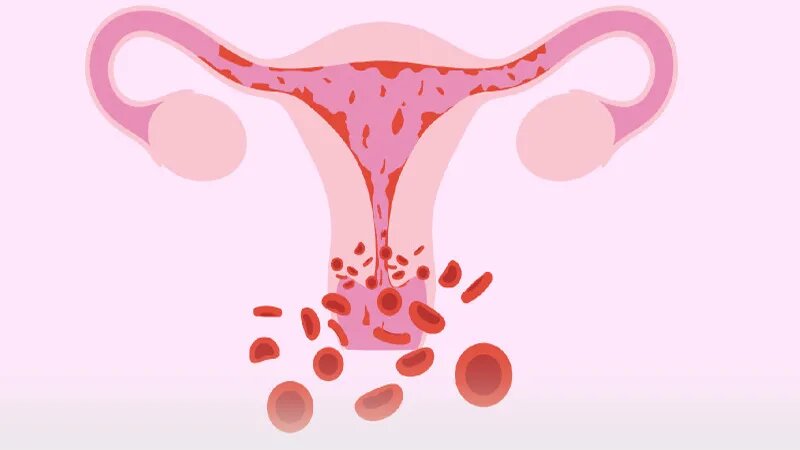Is Heavy Menstrual Bleeding Cause for Concern? A Detailed Guide
Dealing with Menstrual Disorders can be challenging, but knowing when it's time to worry is crucial for your health and well-being. In this comprehensive guide, we'll delve into the intricacies of heavy menstrual bleeding, offering insights, tips, and expert advice to help you navigate this common but concerning issue.
Understanding Heavy Menstrual Bleeding
Heavy menstrual bleeding, also known as menorrhagia, is a common problem affecting many women. It's characterized by excessive blood loss during menstruation, leading to prolonged periods and often interfering with daily activities. While occasional heavy bleeding may not be a cause for concern, persistent and excessive bleeding could indicate an underlying health issue.
Recognizing the Signs and Symptoms
When it comes to Heavy Menstrual Bleeding , it's essential to recognize the signs and symptoms that may indicate a problem. These can include:
- Excessive Blood Loss: If you find yourself changing pads or tampons every hour or two, or if you're passing large blood clots, it could be a sign of heavy menstrual bleeding.
- Prolonged Periods: Menstrual periods lasting longer than seven days are considered prolonged and may indicate menorrhagia.
- Fatigue and Weakness: Excessive blood loss can lead to fatigue, weakness, and even anemia if left untreated.
Understanding these signs can help you identify when your menstrual bleeding may be cause for concern.
Causes of Heavy Menstrual Bleeding
Several factors can contribute to heavy menstrual bleeding. These include:
- Hormonal Imbalance: Fluctuations in hormone levels, particularly estrogen and progesterone, can disrupt the normal menstrual cycle, leading to heavy bleeding.
-
Uterine Fibroids: Noncancerous growths in the uterus, known as fibroids, can cause heavy menstrual bleeding and other symptoms.
-
Polycystic Ovary Syndrome (PCOS): Women with PCOS may experience irregular periods and heavy bleeding due to hormonal imbalances.
- Endometriosis: This condition occurs when the tissue lining the uterus grows outside the uterus, leading to heavy periods and pelvic pain.
- Adenomyosis:Similar to endometriosis, adenomyosis involves the tissue lining the uterus growing into the muscular walls of the uterus, causing heavy bleeding and pain.
Identifying the underlying cause of your heavy menstrual bleeding is crucial for effective treatment and management.
Heavy Menstrual Bleeding - When to Intervene
While occasional heavy periods are normal for many women, certain signs may indicate that your bleeding warrants medical attention:
- Sudden Onset:If you experience a sudden increase in menstrual bleeding or if your periods become consistently heavier over time, it's essential to consult your healthcare provider.
- Severe Pain:Heavy menstrual bleeding accompanied by severe pelvic pain, cramping, or other unusual symptoms may indicate an underlying issue that requires investigation.
- Bleeding Between Periods:If you experience bleeding between periods or after menopause, it could be a sign of a more serious condition and should be evaluated by a healthcare professional.
Managing Heavy Menstrual Bleeding
Effective management of heavy menstrual bleeding often involves a combination of lifestyle changes, medication, and, in some cases, surgical intervention.
- Lifestyle Modifications:Eating a healthy diet, exercising regularly, and managing stress can all contribute to hormonal balance and reduce the severity of menstrual bleeding.
- Medication:Nonsteroidal anti-inflammatory drugs (NSAIDs) such as ibuprofen can help reduce menstrual cramps and heavy bleeding. Hormonal birth control methods, such as the pill, patch, or intrauterine device (IUD), may also regulate menstrual cycles and reduce bleeding.
- Surgical Options:In cases where medication and lifestyle changes are ineffective, surgical procedures such as endometrial ablation or hysterectomy may be recommended to control heavy menstrual bleeding. Visit Padma Hospital for Menstrual Disorders Treatment in Miyapur.
